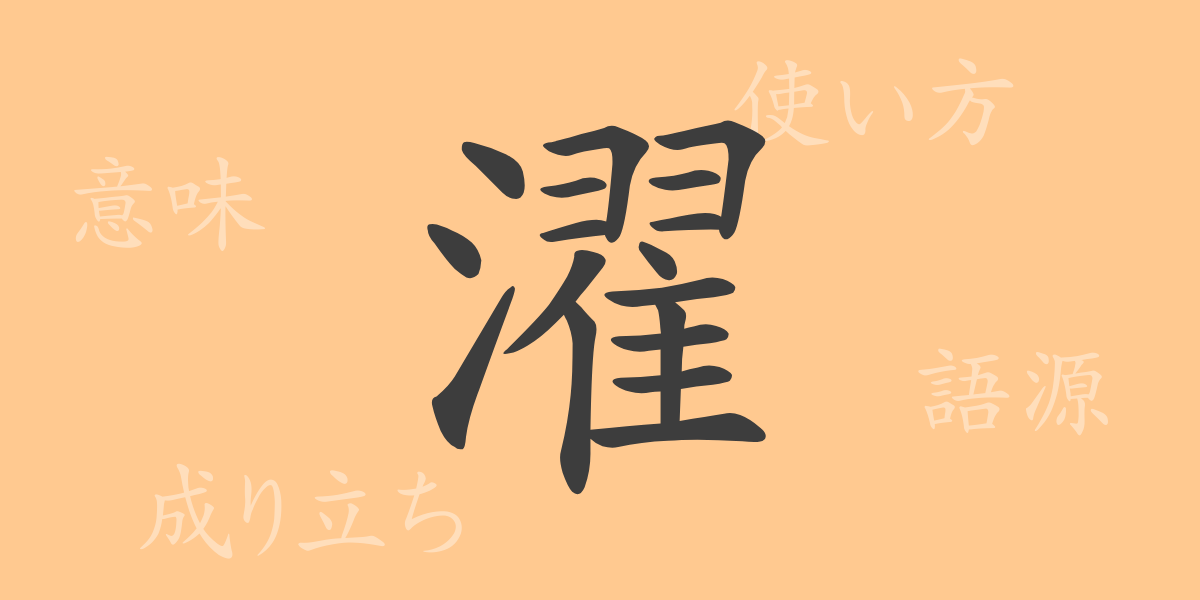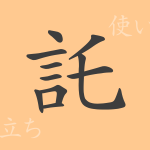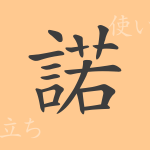The Japanese language is replete with kanji, each bearing its own unique history and meanings. “濯” (たく) (taku), while not commonly used in everyday speech, plays a significant role in Japanese culture and daily life. This article explores the kanji “濯,” from its origins to its modern applications, including phrases and idioms where it is used, illuminating its significance and utility.
Origins of ‘濯’ (たく) (taku)
The kanji “濯” originated in ancient China, created to symbolize the act of cleansing or purifying with water. This character combines the radical for water “氵” (さんずい) (sanzui) with “翟” (てき) (teki), which traditionally symbolized a bird with beautiful feathers—a metaphor for purification. Over time, “濯” came to represent the act of washing or rinsing something clean with water, an essential activity in daily life.
Meaning and Usage of ‘濯’ (たく) (taku)
“濯” primarily means to rinse or wash. It is specifically used to refer to the act of cleaning something by immersing it in water. Though not frequently seen in everyday language, it is crucial in terms like laundry (洗濯) (せんたく) (sentaku), linking it closely to everyday life. It can also metaphorically refer to cleansing or purifying, such as in spiritual contexts.
Readings, Stroke Count, and Radical of ‘濯’ (たく) (taku)
Understanding the kanji “濯” involves knowing its readings, stroke count, and radical:
- Readings: On’yomi (Sino-Japanese reading) is “タク” (taku), Kun’yomi (native Japanese reading) includes “すすぐ” (susugu) and “あらう” (arau).
- Stroke Count: “濯” consists of 17 strokes.
- Radical: The radical is “氵” (さんずい) (sanzui), related to water.
Phrases, Idioms, and Proverbs Using ‘濯’ (たく) (taku) and Their Meanings
Phrases and idioms involving “濯” often reflect its literal and metaphorical meanings:
- 洗濯 (せんたく) (sentaku): Washing clothes or other items, usually with water and detergent.
- 濯ぐ (すすぐ) (susugu): Rinsing or washing off, especially to remove soap or impurities.
- 水濯 (すいたく) (suitaku): Repeatedly washing with water, or purifying one’s mind.
- 濯河 (たくが) (takuga): Purifying oneself in a river, or the river used for such purification.
These expressions showcase the fundamental meanings of “濯” related to physical and spiritual cleansing.
Summary on ‘濯’ (たく) (taku)
The kanji “濯” emphasizes the importance of water in cleansing and purification in Japanese culture and daily life. From the mundane act of laundry to the spiritual act of purification, “濯” illustrates the value of cleanliness and the significant role of water in Japanese traditions. Although it might not be seen frequently in modern texts, understanding “濯” and its associated phrases enriches our appreciation of the depth and richness of the Japanese language.

























